China objects as US Senate advances bill to boost support for Taiwan
China has complained as a panel of the United States Senate advances a bill to significantly expand military support for Chinese Taipei.
The US Senate Foreign Relations Committee on Wednesday approved the Taiwan Policy Act, which is designed to make changes to the US’s declared “one China” policy and pave the way for moving closer to directly providing billions of dollars in military aid to the self-ruled island.
The legislation, which raises the ante against Beijing, also recommends sanctions on China if it uses force to try to take over the island militarily.
On Thursday, Beijing reacted, with Mao Ning, a Foreign Ministry spokesperson, warning that if the bill continued to go forward, it would affect the already strained US-China relations.
“China is firmly opposed to this and has made solemn representations to the US side that there is only one China in the world, that Taiwan is an inseparable part of China's territory, and that China will unswervingly promote the complete reunification of the country,” she added at a regular press conference.
Mao further denounced the provocative legislation for sending “a serious false signal to the separatist forces of Taiwan independence.”
The bill will go to the White House after clearing the full Senate and House. US President Joe Biden has not said whether he will sign the bill.
China has sovereignty over Taipei, and under the internationally-recognized “one-China” policy, nearly all countries recognize that sovereignty, meaning that they would not establish diplomatic contact with its secessionist government.
The US, too, professes adherence to the principle, but in violation of its own stated policy and in an attempt to irritate Beijing, Washington courts the secessionist government in Taipei, supports its anti-China stance, and supplies it with massive amounts of armaments.
Back in August, US House Speaker Nancy Pelosi stirred controversy when she made a brief trip to Taipei and met with its president in what had been meant to be an affront to Beijing. China reacted by asserting its sovereignty and holding military drills around Chinese Taipei for several days.
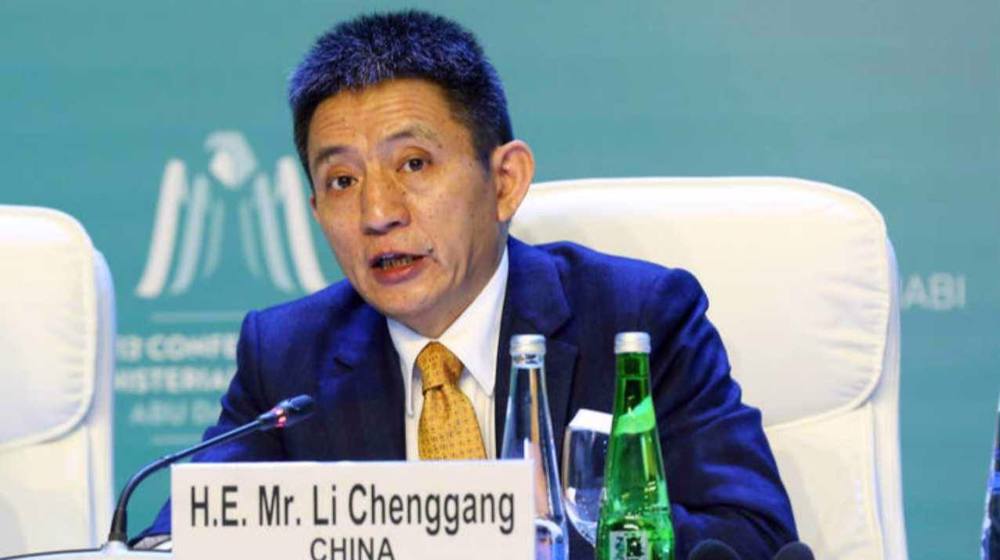
China condemns ‘unilateral and arbitrary’ US tariffs
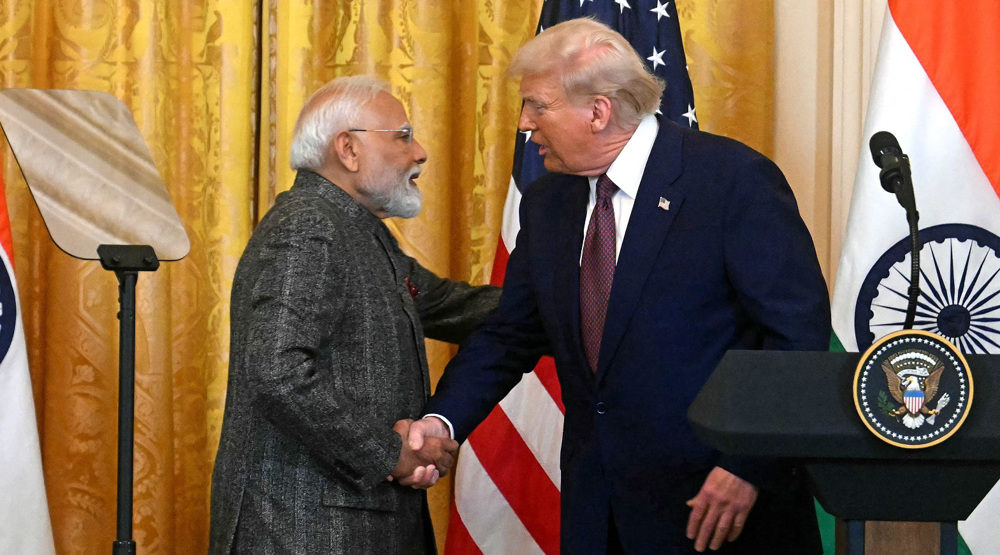
China warns US, India after Trump surge in arms sales to New Delhi
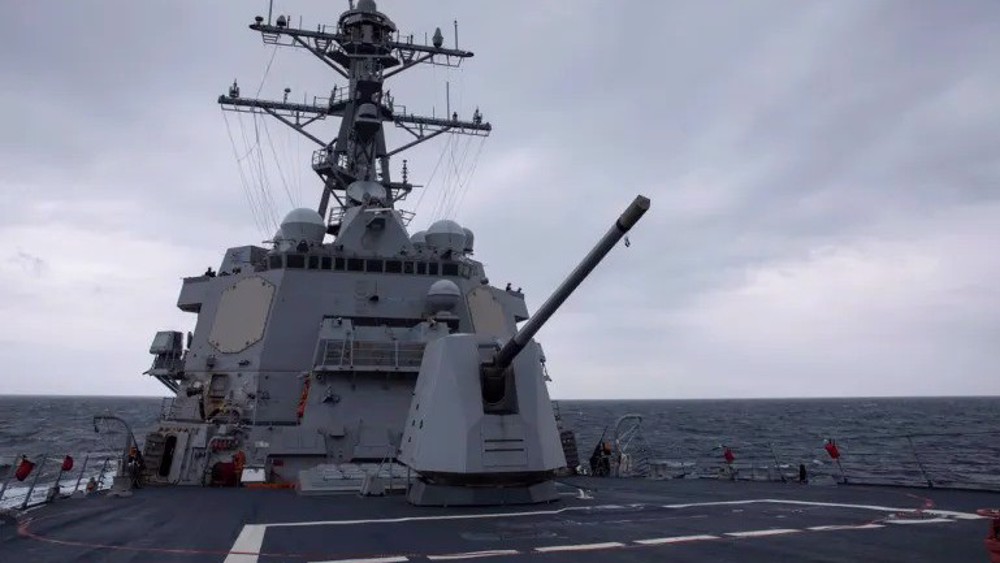
US makes debut passage through Taiwan Strait under Trump's new administration
VIDEO | Gazans striving to survive with bare hands
'Shocking attack on free expression': Canadian politician slams arrest of pro-Palestine activist
West Bank Palestinians fear Gaza style destruction as Israel escalates raids
Hamas: Ibrahimi Mosque massacre testament to Israel’s criminal policy
Trump eyes Ukrainian rare earth minerals in exchange for military support to Kiev
Six Gaza children, including newborn girl, die of cold weather as Israel blocks aid
Iran rules out nuclear talks with US amid ‘maximum pressure’ campaign
Israeli tanks roll into West Bank first time in 20 years as prelude to forcible annexation


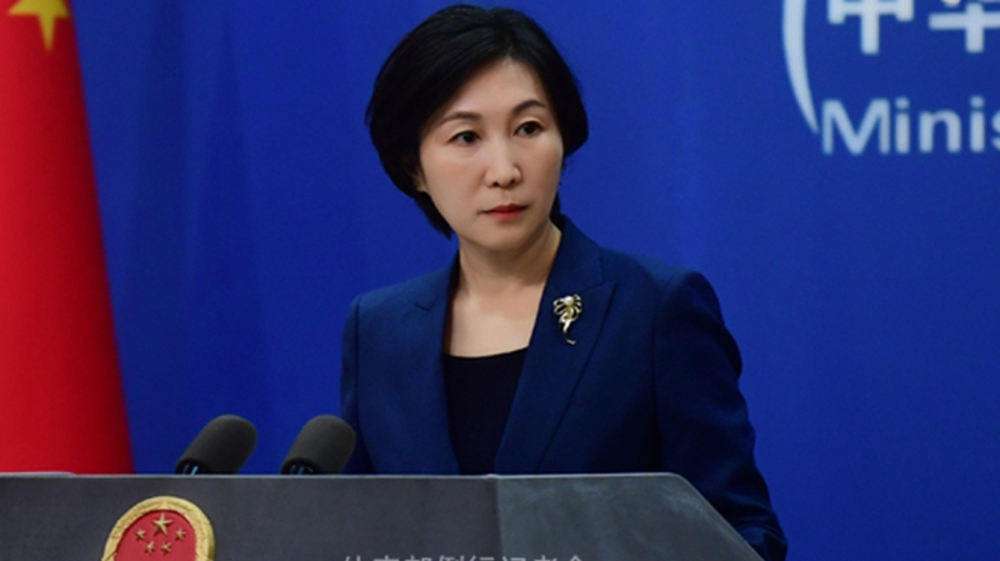
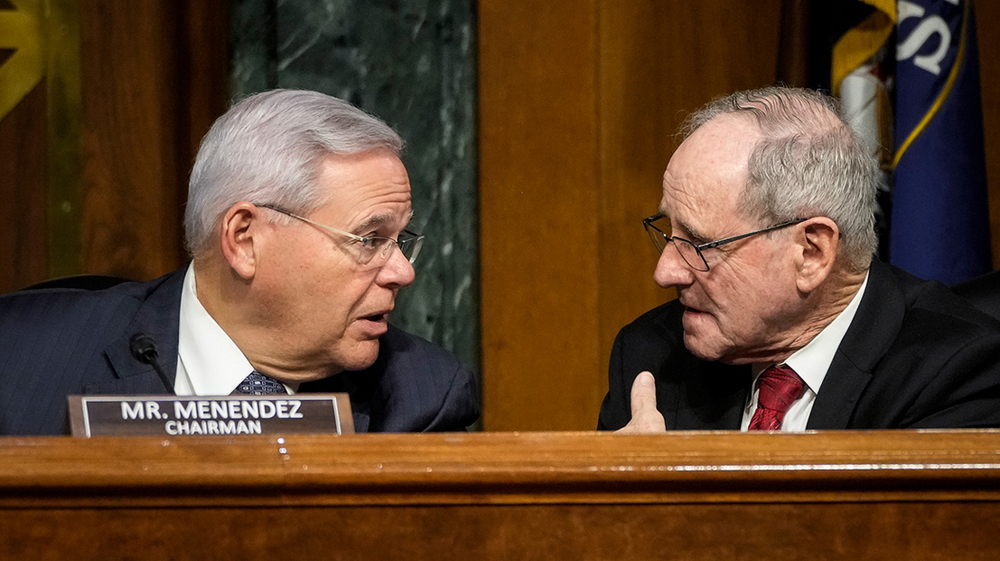



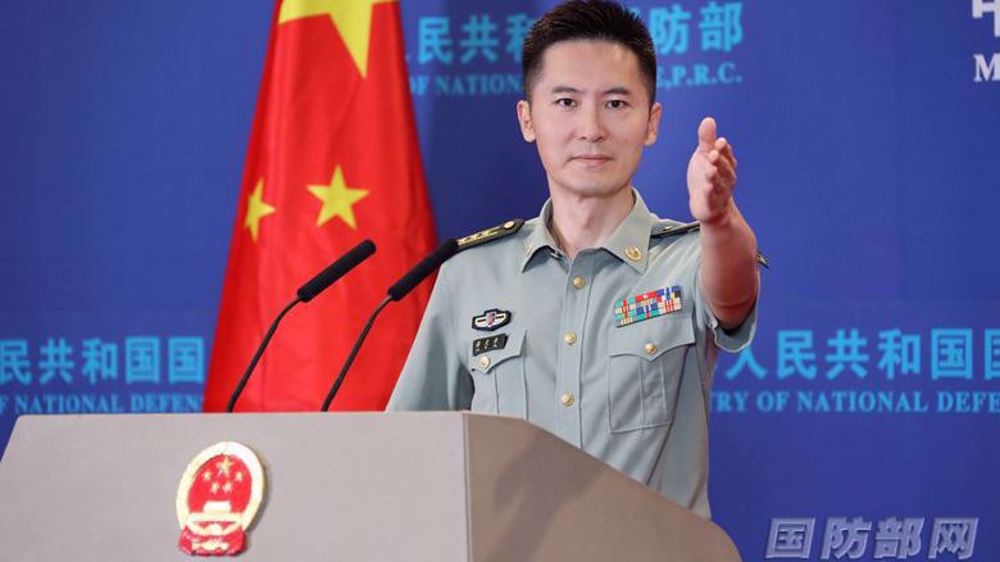
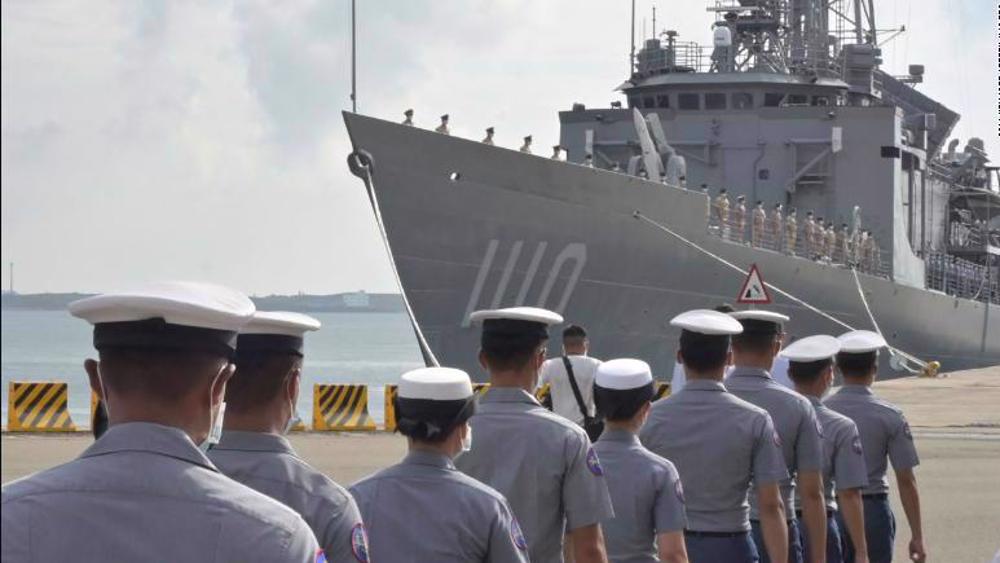

 This makes it easy to access the Press TV website
This makes it easy to access the Press TV website